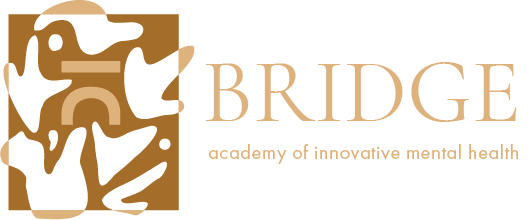Write your awesome label here.
Movement, although it is no-cost and a relatively easy to model and teach, is often overlooked as an effective mental health therapy. Evidence overwhelmingly suggests that it can be used conjunctively with other methods of treatment.
This course will review current research on movement and mood as well as offer guidelines, interventions and guided practices. Gain access to resources you can use immediately in session with clients.
This course will review current research on movement and mood as well as offer guidelines, interventions and guided practices. Gain access to resources you can use immediately in session with clients.
Continuing Education
Learning Objectives
Integrative MHP Bundle
Looking to start your journey into integrative mental health but don't have the time to do a full certification course? This is the bundle for you! Access the three cores of our foundational certification course- Movement, Meditation, and Nutrition- without the commitment. These courses will focus on clinical approaches, current research, and how to incorporate these modalities into your practice.
Please note that although these are the cores of our 3CI course, completing them individually will not grant you the IMHP credentials. If you're interested in 3CI but have already purchased these courses, let us know and we can get you started with a discount!
Please note that although these are the cores of our 3CI course, completing them individually will not grant you the IMHP credentials. If you're interested in 3CI but have already purchased these courses, let us know and we can get you started with a discount!


